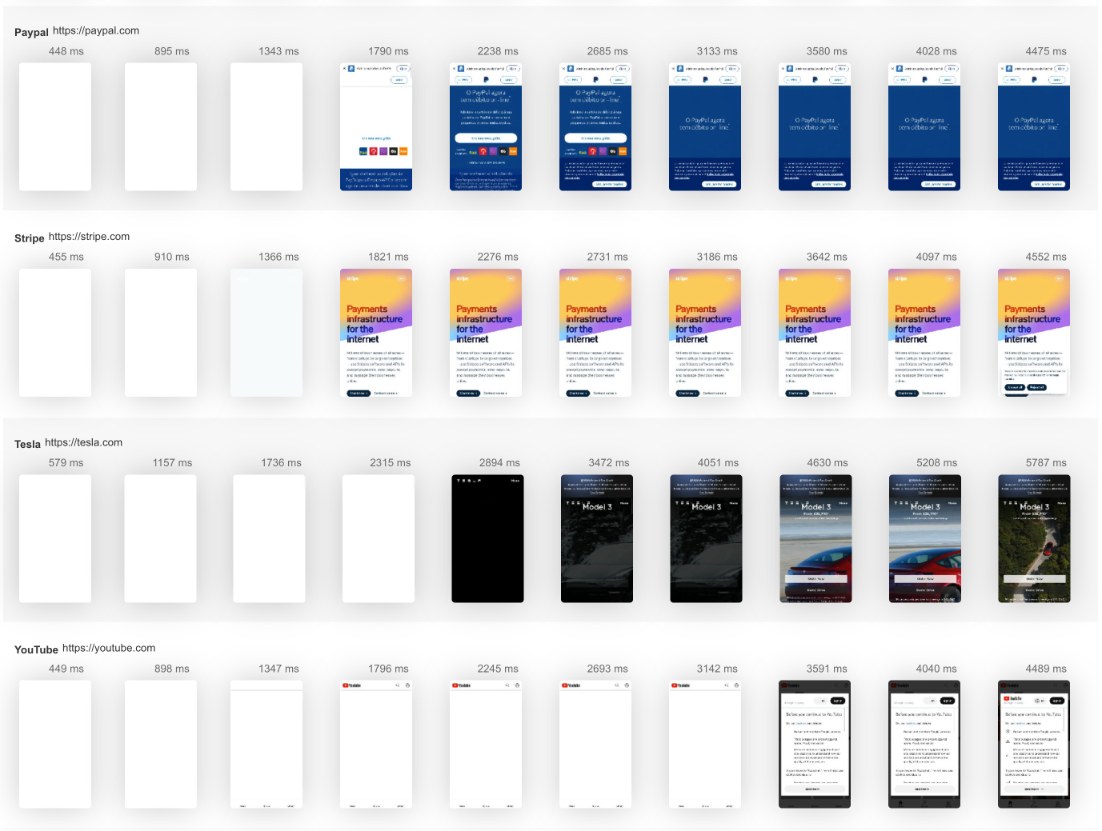Chaos Testing for Multi-Cloud Service Failures
Chaos Testing for Multi-Cloud Service Failures helps simulate unexpected outages and disruptions across multiple cloud environments. This template provides structured guidance to test system resilience by injecting controlled failures into multi-cloud architectures, ensuring high availability, reliability, and fault tolerance under real-world conditions.
What is Chaos Testing for Multi-Cloud Service Failures?
Chaos testing in a multi-cloud environment helps organizations evaluate how their systems respond to real-world disruptions, such as cloud provider failures, network latency spikes, and service degradations. By leveraging a powerful tool like LoadFocus (LoadFocus Load Testing Service), you can introduce controlled failures across distributed cloud infrastructures and validate system robustness under unpredictable conditions.
This template guides you through the setup and execution of chaos tests, ensuring that your applications can withstand multi-cloud outages without critical business impact.
How Does This Template Help?
The template provides a structured approach to simulating cloud provider failures, introducing latency, and validating recovery strategies. By implementing this framework, teams can proactively strengthen system resilience and reduce downtime.
Why Conduct Chaos Testing in Multi-Cloud Environments?
Modern applications rely on multiple cloud providers for redundancy and scalability. However, service disruptions are inevitable. This template helps mitigate the risks associated with cloud outages by identifying weaknesses and optimizing failover mechanisms.
- Validate Redundancy: Ensure seamless transitions between cloud providers during failures.
- Improve Fault Tolerance: Identify bottlenecks that could lead to cascading failures.
- Optimize Disaster Recovery: Test recovery strategies to minimize downtime.
How Chaos Testing for Multi-Cloud Works
This template provides step-by-step instructions to inject failures into cloud services and measure their impact. Using LoadFocus, you can configure chaos experiments that mimic real-world outages, ensuring your system remains operational under extreme conditions.
The Basics of This Template
The template includes predefined test scenarios, real-time monitoring capabilities, and automated recovery validation. LoadFocus simplifies chaos testing with cloud-based tools that help teams analyze failure impact and improve resilience strategies.
Key Components
1. Failure Injection
Introduce controlled disruptions, such as network latency spikes, API failures, or database crashes, to evaluate system response.
2. Distributed Load Simulation
Leverage thousands of virtual users from over 26 cloud regions to test application performance under stress.
3. Real-Time Monitoring
Track system behavior during failures, using dashboards to analyze response times, error rates, and failover efficiency.
4. Automated Recovery Testing
Validate self-healing capabilities and measure time-to-recovery across cloud platforms.
5. Post-Test Analysis
Use LoadFocus reports to identify failure points and improve resilience strategies.
Visualizing Chaos Tests
By simulating multi-cloud failures, this template helps teams visualize system behavior during real outages. LoadFocus provides detailed logs and performance metrics to guide optimizations.
Types of Chaos Tests in Multi-Cloud Environments
This template supports a variety of failure scenarios to enhance system reliability.
Service Outage Simulation
Shut down critical cloud services to test failover mechanisms.
Latency Injection
Introduce artificial delays in network traffic to measure system performance under degraded conditions.
Database Failures
Simulate database outages or replication delays to assess data consistency strategies.
Traffic Spikes
Overload cloud instances with excessive user requests to evaluate autoscaling efficiency.
Cross-Region Failovers
Redirect traffic between cloud regions to test global redundancy and minimize downtime.
Chaos Testing Best Practices
- Start Small: Begin with minor failures before escalating to large-scale outages.
- Automate Tests: Schedule regular chaos experiments to maintain ongoing resilience.
- Monitor Continuously: Use real-time dashboards to detect unexpected behaviors.
- Integrate with CI/CD: Ensure chaos tests run automatically with every release.
- Refine Recovery Plans: Adjust disaster recovery strategies based on test results.
How LoadFocus Enhances Chaos Testing
LoadFocus provides a seamless chaos testing experience by offering:
- Cloud-Based Execution: Run tests from more than 26 regions worldwide.
- Scalable Load Testing: Simulate thousands of concurrent users across cloud environments.
- Detailed Analytics: Gain insights into failure impact with real-time dashboards.
- Automated Failure Injection: Implement structured chaos experiments with minimal manual effort.
Getting Started with This Template
To begin chaos testing for multi-cloud failures, follow these steps:
- Import the Template: Load it into your LoadFocus account for quick setup.
- Define Test Scenarios: Identify critical cloud services and failure points.
- Execute Chaos Tests: Introduce controlled failures and monitor system responses.
- Analyze Results: Use LoadFocus reports to refine resilience strategies.
Final Thoughts
This template empowers organizations to build robust, fault-tolerant multi-cloud systems. By leveraging LoadFocus for chaos testing, teams can proactively identify weaknesses, optimize failover strategies, and ensure business continuity during cloud service failures.
How fast is your website?
Elevate its speed and SEO seamlessly with our Free Speed Test.You deserve better testing services
Effortlessly load test websites, measure page speed, and monitor APIs with a single, cost-effective and user-friendly solution.Start for free→